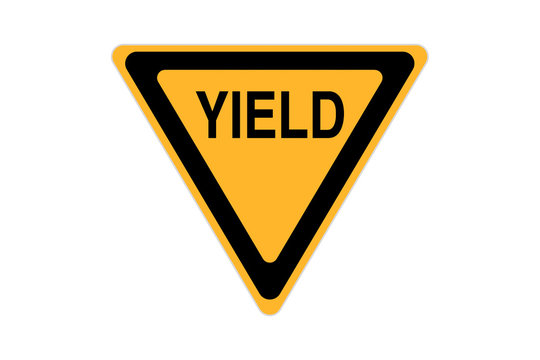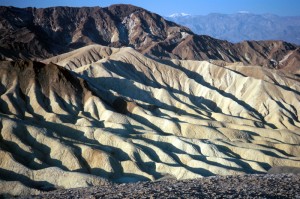
Making up things to fight, an interesting use of creative energy – if round is what you like. As we go in circles, we should at least tend the energy fires that are burning behind this particular chase.
God love the MBAs ( someone needs to), but every endeavor is not in need of being maximized for profit. Without the need to be philosophically opposed to financial gain, a re-alignment is in order, especially while we still know those words. Maybe a list of activities deserving special dispensation above net yield is in order – or maybe a reconsideration of ‘net’ and ‘yield’. Proposed exemptions:
Fire protection, water, public safety, health care.
But if we blaspheme bracket these, the human and physical infrastructure underlying them quickly follows: transportation, education, housing, food… the entire edifice of maximizing gains begins to crumble as soon as we grant agency to locking down any of its particular aspects. But we should still consider this! Again, while we can. That sounds like a scare tactic but the degree to which we have internalized the corporate ethos of business should terrify us – and does when/if we step back from it.
And again, it need not be the full socialismso, just set some standards and stick to them.
And if we need to do away with the internet because it’s not profitable, that’s fine. Things were okay before, and in terms of ‘net effect’ it’s really not helping.
Just something to consider when the light goes dim for a few minutes on Monday.

